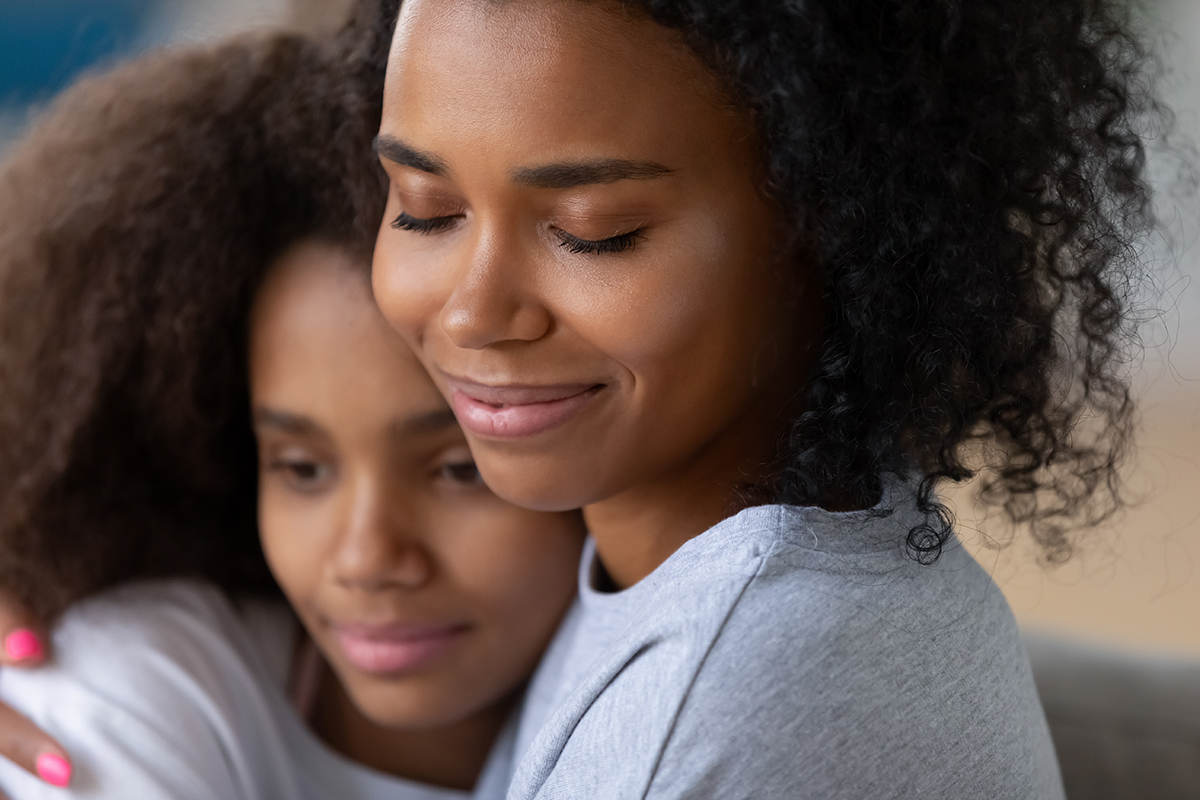
Sex Education in North Carolina: The Basic Facts
Robin Pittman, MS, CHES
Senior Health Educator
“Isn’t my child too young to learn about periods?” “What if I don’t feel comfortable with what you’re teaching?” “Are you going to teach them about sexual intercourse?” “Do they have to attend the sex-ed class?”
As a health educator for over 20 years, these are some of the common questions and concerns parents express to me when it comes to sexuality education classes taught in North Carolina. Thanks to the partnership the Poe Center has with the NC Department of Public Instruction and role with school systems across NC, I am in a position to reassure them that the sexual health programs schools use have very positive results for youth.
We know that adolescents who participate in comprehensive sexuality-education programs have lower rates of unintended pregnancies and sexually transmitted infections. Therefore, the Poe Center works with school systems across North Carolina to deliver medically-accurate and age-appropriate information through our Family Life programs.
Our hope is that families are equipped with accurate information such that they feel comfortable continuing with their own conversations at home.
Here are a few things parents should know about sex ed in NC schools.
Are their guidelines or rules as to what can and can’t be taught?
Yes. In 2009, North Carolina adopted a state law called the Healthy Youth Act (HYA). This law updated the State’s previous sexuality education in public schools to make it more comprehensive. It is called Reproductive Health and Safety Education. Reproductive Health and Safety Education provides medically accurate information on the physical and emotional risks of sex before marriage, the benefits to being abstinent, and FDA approved methods on how to prevent pregnancy and sexually transmitted diseases.
Additionally, this sex education program addresses the whole child, and students receive information about sexual assault, consent, healthy relationships, goal setting, decision making, values, and communication. Ultimately, Reproductive Health and Safety Education is about educating youth about what is happening to their bodies and also teaching them to make smart, healthy, and safe choices as they go through adolescence.
Is there a statewide curriculum?
No. Each county has local control over choosing their own sex education curricula for their respective school districts. However, the curricula they choose must cover all the topics outlined by the HYA. These topics are identified in the Healthful Living Essential Standards created by the Department of Public Instruction. Each essential standard covers age appropriate content. These standards meet competency objectives for every grade level in physical education and health education.
Does sex education work?
Yes! Knowledge is power. Research from NC Youth Connected demonstrated that students who participated in a sex education class were less likely to have sex during their adolescent years, were less likely to experience an unintended pregnancy, and were less likely to contract a sexually transmitted disease. Visit SHIFT NC for additional data on the sexual health of NC.
Do most parents want their child to participate in sex education?
Across our state, we are finding that most parents do want their child involved in sex education in school. According to a survey conducted by SHIFT NC in 2009, 91.8% of parents polled think sexuality education should be taught in school.
Can parents opt out of their child participating in sex ed?
Every parent has the right to know what is being taught to their child. All schools must have their respective sex-education curriculum available for parents to review if they wish. However, if a parent is still not comfortable with their child being taught these lessons, they do have the right to have their child opt out of the classes.
How can parents help with their child’s sex education?
The primary goal for school systems, staff, teachers, and health educators from organizations such as health departments and the Poe Center is to teach medically-accurate information and to partner with parents to keep the conversations going. The goal is to serve as a resource – not a replacement – for parents and faith communities. We encourage parents and guardians to partner with their school and teachers. Take the opportunity to review the materials and learn about the curriculum. Do not be afraid to reach out and ask questions if you are uncertain or nervous about a particular topic. As we always say to children, “knowledge is power”… that goes for parents, too.
References:
NC Department of Public Instruction
 Featured Poe Program: Girl Talk
Featured Poe Program: Girl Talk
Grade Level: 4th-7th| Program Length: 2 hours
Girl Talk addresses the timely topic of adolescent growth and development and the physical, social and emotional changes that girls experience during puberty. 3-D theater exhibits, hands-on activities, movies and candid discussions help moms and daughters explore a range of topics from the workings of the reproductive system to the menstrual cycle to feminine hygiene protection and more.
*If you are interested in scheduling or would like more information please email Robin or call 919-231-4006 ext. 322.
Featured Crio Lesson: Puzzled by Puberty
Grade Level: 4th & 5th grade | Program Length: 10-15 min

The Poe Center has partnered with SAS through Curriculum Pathways to provide online access to health science and health education lessons at no cost to teachers across the State of North Carolina. Designed to complement its health education curriculum, the Poe Center’s programs and online content are aligned with the North Carolina Department of Public Instruction’s Healthful Living and Science Essential Standards.
This Puzzled by Puberty Crio Lesson is geared for 4th and 5th grade students. This lesson will address the physical, emotional and social changes that occur during puberty. Learn about the structure and function of the male and female reproductive systems, the menstrual cycle and fertilization.
